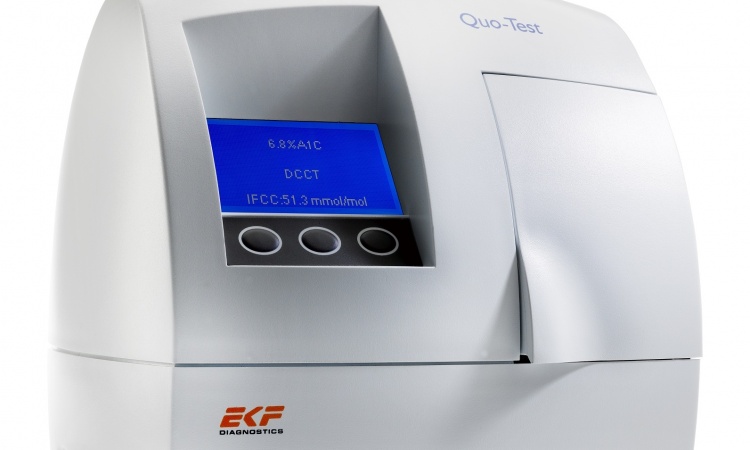Infectious diseases
Swiss labs are pushed to report digitally
Switzerland treads softly when it comes to governing its 26 independent-minded cantons. Yet, when it comes to electronic medical records, the Ministry of Health holds a particular power, not to dare to direct policy inside any canton, but for the exchange of data between the cantons


A small point is taking on increasing importance for clinical laboratories.
Beginning in January 2014, the Ministry will continue to allow labs to send results in paper form from clinical tests of some 50 pathogens, but it has set a single format for the delivery of these results electronically based on HL7 messaging language and an interface defined by profiles developed by Integrating the Healthcare Enterprise (IHE).
Typical of the Swiss, it is a gentle push, but an insistent one, as the Ministry progressively moves the country to a national framework for the digital exchange of medical data.
In 2012 there were 180 labs in Switzerland that conducted some 80,000 tests for the infectious diseases on the Ministry's watch list.
Electronic reporting, it argues, holds great advantages over the current system where paper reports are sent to both the canton health authorities as well as the Ministry. For example, a clinical lab that complies with the new interface for sending the report electronically needs only do so once. The Ministry will then share this report with the canton where the report was generated, thus saving manual transmission costs and streamlining the national alert in the event of a dangerous or new pathogen being identified.
The electronic system has the potential to greatly improve infectious disease surveillance in Switzerland, according to Tony Schaller, technical project manager with IHE Suisse.
This is a significant step toward standardisation, he said, effectively giving the new framework the force of law.
21.05.2013





